Read Our Latest Blog Posts

Facing anxiety in difficult times
The live as we know have changed, the world is coming to a new way of living. What is these is means? That we no longer recognise the way we use to live before, and we need to adapt to new ways to survive in this challenging period of time in our lives. Our lives as we knew have been disrupted with a high level of uncertainty. Therefore, there is an increase in anxiety, stress, depression. This article is focusing only in the anxiety that the body and mind is experiencing in this uncertainty times.
Anxiety is what we feel when we are tense, worried and afraid. The body recognises it as a protective feeling or the body's automatic fight-or-flight response that is triggered when you feel threatened, under pressure. It is a normal reaction that can in away depending of the situation save your live. It can help you to stay alert and focused, stimulate you to act, and motivate you to solve problems. In the other hand, anxiety can have a negative impact when it is constant or overwhelming, when worries and fears interfere with your relationships and daily life.
The focus of this article is to talk about anxiety in difficult times such as the one we are living at the moment. I will be discussing anxiety disorder in another blog. In life we will experience difficult times that causes high level of anxiety. At the moment we are living in an unknowing situation, where some of our plans and goals for 2020 has disappeared. You might have that special trip plan, or a special summer to look for. Some of us have gone through even hard times by losing our jobs. The uncertainty is producing anxiety for many of us. It is a difficult time for all, but it doesn’t null the fact that you are feeling anxious. And it is ok to fell this way, recognising that you are feeling anxious is the first step. Unfortunately, there is no fix that’s going to change things out of ours control. However, we can have some strategies in place to help us manage those periods of uncertainty.
1. Speak to someone
Being able to verbalise how we are feeling is acknowledge the emotion and be able to reflect on possible solutions to easy the situation. According to research by Torre and Liberman (2018), “verbalising your feelings is referred to as “affect labelling,” and over time, it helps reduce feelings of emotional overload when you encounter distressing circumstances.”
2. Anti-anxiety diet
Yes, you heard right! Your diet can contribute to the feeling of anxiety. Food such as coffee will affect the production of feel good hormones such as serotonin, sugar cause your blood sugar to spike and crash, consequences of low blood sugar is anxiety.
Erin Palinski-Wade nutrition experts suggested that the following list of foods and drinks also help to reduce anxiety:
Salmon
Pumpkin seeds
Chamomile tea
Turkey
Green tea
Dark chocolate
Eggs
Bananas
Turmeric
Avocado
Blueberries
6 to 8 glasses of water per day
3. Laughing Therapy
That is right laughing therapy. I invite you to stop reading this article and just smile. The action of smile already sends positive signals to your brain. Can you imagine the action of laughing?” Laughter induces physical changes in the body, it increases levels of the feel good hormone endorphin, and stimulates the muscles, heart and lungs. All of which help reduce the physical symptoms of stress. We can induce laughter by watching your favourite comedian or a movie that you find funny.”
4. Write it out
People who spent time writing about a difficult event had better health and less anxiety. It is a simple technique that helps us work through anxious feelings and relieve stress. One of the main drivers of anxiety is rumination (the constant replay of negative thoughts). When we write down our concerns, it allows us to confront and examine them in a way that is not possible when thinking about them. Start by set aside 15 minutes to write about the event and how it made us feel.
5. Shift your thoughts
“How we think about a problem affects both how much it upsets us and how well we tackle it. It is possible to shift our mind away from negative thoughts or excessive worries. Try these suggestions:”
“Ask yourself how realistic your worry is. Our imaginations can take us into situations that may never develop.”
“Set aside "worry" time each day. Then whenever a negative thought intrudes, tell yourself to wait until the set time. You may feel better by then.”
“Focus on the good aspects of your life.”
“Look at tough times as an opportunity to learn, grow or improve your situation. Maybe you've seen how supportive your friends are or learned how strong you can be in a tough time.”
Of course, exercise, focusing on your self-care, meditation and get enough rest will help us to build a strong coping strategy to help us deal with tough times.
Here are some questions to consider checking your level of anxiety, if you answered yes for up to 3 questions you might be suffering from anxiety disorder. You might want to speak to a therapist or contact your GP. I will focus in this subject in another article.
Are you constantly tense, worried, or on edge?
Does your anxiety interfere with your work, school, or family responsibilities?
Are you plagued by fears that you know are irrational, but can’t shake?
Do you believe that something bad will happen if certain things aren’t done a certain way?
Do you avoid everyday situations or activities because they cause you anxiety?
Do you experience sudden, unexpected attacks of heart-pounding panic?
Do you feel like danger and catastrophe are around every corner?
“While self-help coping strategies for anxiety can be very effective, if your worries, fears, or anxiety attacks have become so great that they’re causing extreme distress or disrupting your daily routine, it’s important to seek professional help.”
By Tati Silva
MsC Counselling & Psychotherapy
tati.silva@privatepsychotherapist.co.uk
References:
https://www.scn.ucla.edu/pdf/Torre(2018)ER.pdf
http://erinpalinski.com/fourstress-bustingfoods/
https://www.mayoclinic.org/healthy-lifestyle/stress-management/in-depth/stress-relief/art-20044456
© 2026 Tati Silva Private Psychotherapy - All Rights Reserved
Powered by Njord Star

